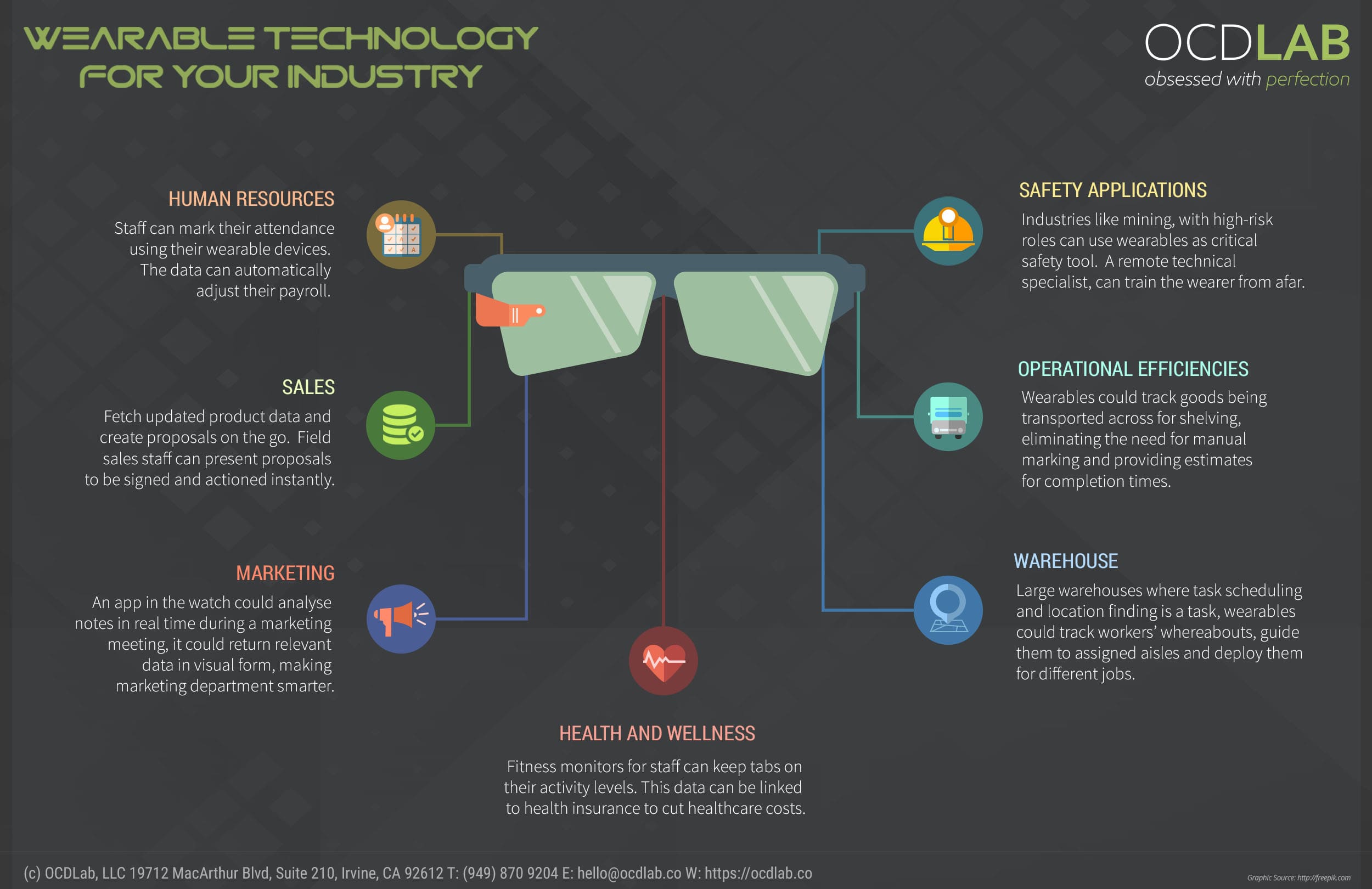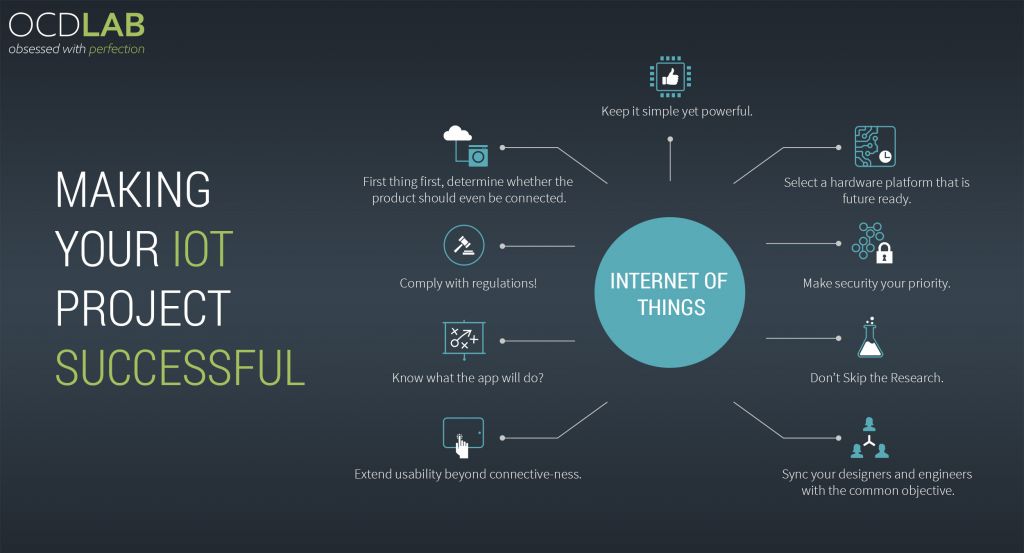Do you have the next million dollar app idea? Avoid the common pitfalls of first-time entrepreneurs.
1. SHH.. IT’S CONFIDENTIAL
You ask everyone to sign a Non-Disclosure Agreement (NDA) before you reveal even a word about your idea.
Our TakeIt is understandable that you want to protect the idea but app developers are not here to steal it. Sharing your idea can invite useful feedback from experienced insiders who have heard it all.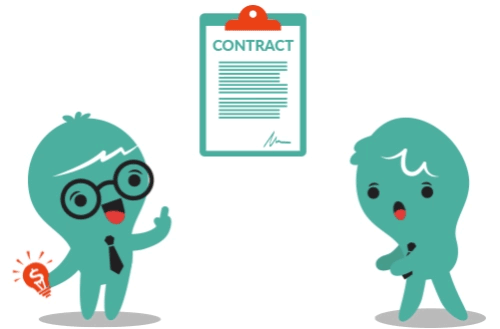
2. UBER OF ....... SOMETHING!
You have picked an incredibly successful app and want to copy it for some other domain or country.
Our TakeWhile this may work for the lucky few, operating on assumptions without investing in adequate research is simply reckless. Before you invest in “Tinder for Shoes” develop a solid marketing strategy that identifies your users, your competition and your value innovation.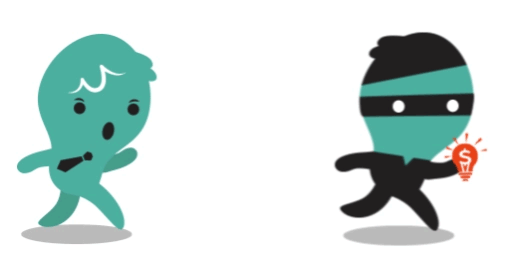
3. LET’s TWIST
Usually an extension of 2, so it is still a clone of some other app, but you have some ideas to make it more efficient.
Our TakeWithout having been a part of the brains and teamwork behind those successful apps it’s hard to know the rationale behind the final end product. Again, do your research to see if your proposed improvements would add enough value. Are you sure your idea makes sense, and have you considered all possible use cases?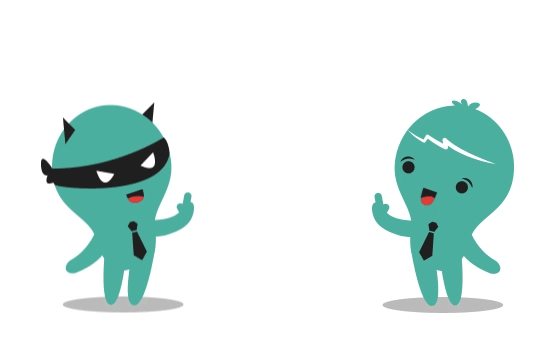

DOWNLOAD THE POST AS AN INFOGRAPHIC?
4. MIX IT UP
You are trying to pick ideas from multiple successful apps and integrate those to make one app that does it all.
Our TakeIt all depends on how you execute it. Don’t try to solve all the problems in this world at once. Keep it simple and do one thing at a time. Let your users dictate the direction once you launch the MVP.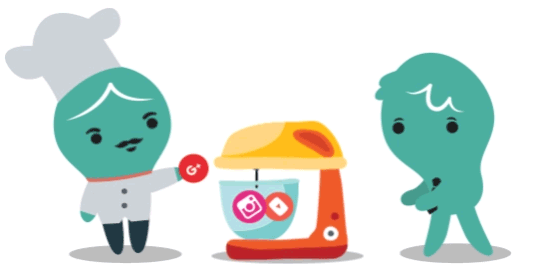
5. KNOW IT ALL
You don’t know what you are talking about but still use the technical jargon and pretend that you know it all. You speak of architecture and frameworks all the time.
Our TakeAgain, trust your developer, they are here to help, so no point pretending and making it more complicated than it is. If anything, you will end up making your own life difficult. Explain your expectations and let everyone contribute.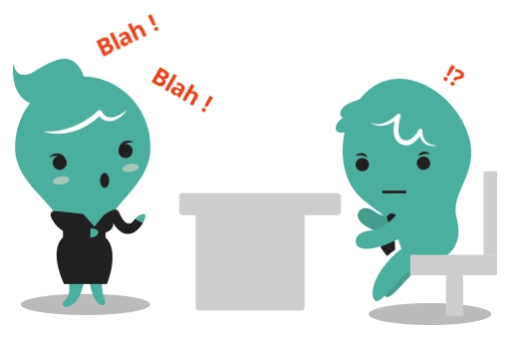
6. TRUST FUND BABIES
You have an idea AND access to funds so manifesting your idea into reality should be a piece of cake.
Our TakeUsually, startups run into two major issues: the first is funding and the second is successfully executing the idea. You got at least one part covered so do your due diligence and choose the right team to build and market your idea.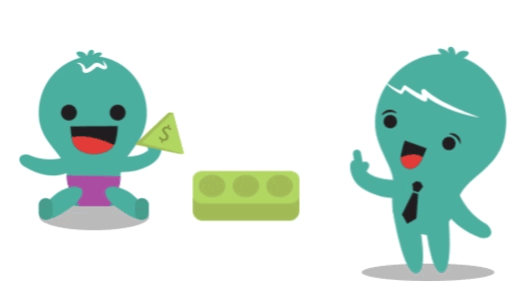
7. EQUITY
Hey developer, I have an idea. Do you want to work for equity and be part of this venture?
Our TakeMost developers will directly or indirectly turn down your offer, and even if someone says yes, it is probably not the right move.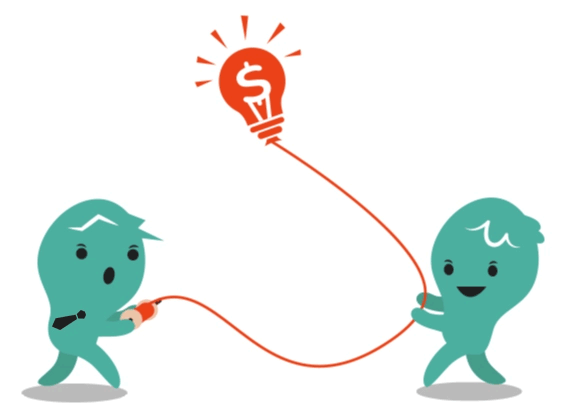
The list is long and there might still be some we have missed. It takes all to make this world of start-ups to run. We learn from some, what to be, and from others, what not to be. As long as your idea is changing the world, you are your perfect sort. If you have that idea that the world is waiting for, you have the plan, you have done the feasibility check, talk to serious investors, pitch for your idea and bring it out of paper.
Good luck!For a free consultation, reach out to us at hello@ocdlab.co
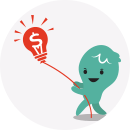
DOWNLOAD THE POST AS AN INFOGRAPHIC?
The post Apps Start-ups, Do’s & Don’ts appeared first on OCDLAB.
]]>Wearable Technologies can transform businesses!
The new suite of wearables is the next big leap in technology, integrating these tiny attachments into our everyday lives and businesses. Wearables have evolved from calculating your pulse rates or being an entertainment aide, and there can be a bit of them in every industry. This technology is no longer a thing for the big industries and Wearables are increasingly benefiting small to large operations achieve efficiency and environment interaction.
Health and Wellness
Fitness monitors for staff can keep tabs on their activity levels. This data can be linked to health insurance to cut healthcare costs. Alternatively, organizations can advise Diet management programs to their employees, using wearable data analysis. More and more organizations are using wearables to extend health and wellness amongst its people.
Safety Applications
Industries like mining, with high-risk roles, can use wearables as critical safety tool. A remote technical specialist can train the wearer from afar.
Operational Efficiency
Wearables could track goods being transported across for shelving, eliminating the need for manual marking and providing estimates for completion times. Wearables could also be an effective way to control and manage inventories.
Sales and Marketing
A wearable can help fetch updated product data and create proposals on the go. Field sales staff can present proposals to be signed and actioned instantly. An app in the watch could analyze notes in real time during a marketing meeting; it could return relevant data in visual form, making marketing department smarter.
Warehouse
Large warehouses where task scheduling and location finding is a painful task, wearables could track workers’ whereabouts, guide them to assigned aisles and deploy them for different jobs.
Human resources
For recording time and absentee reports, shift-based staff can mark their attendance or absence using their wearable devices. The data can automatically adjust their payroll. Also, you could manage your employees, productivity and time report with just a tiny device.
The post Wearable Technologies can transform businesses! appeared first on OCDLAB.
]]>IoT done right!
If you are reading this post, I would like to assume that you already know what is “internet of things” (IoT) and there is a fair chance that you are working on some idea to bring an old fashioned stand alone device to the internet.
Being in this business, we learn about some brilliant innovations every other day, but then there are times when it just doesn’t feel right. So, let us try to understand what is important and how to make your next IoT idea successful.
While it is easy to slap in devices together and get them to talk, the real value of an implementation lies in how quickly users adapt to these solutions and for how long they can serve. When investing in a project, it is important to think about building an environment and not just a device.
-
1. Always start with “why.”
First things first, think carefully if IoT deployment is even required. Half the ideas are not successful because they lack fundamental research on whether the operational set-up even requires the connectivity.
-
2. Select a platform that is future ready.
IoT is usually a custom built application to suit very specific needs. That means the supporting hardware, around that need, is specially designed. Making sure that such components will be available and reasonable in the long term is essential for future planning.
-
3. Comply with regulations.
Connected hardware relies on a network communication via signal transmissions. Therefore, it is critical that all products be tested and meet regulatory requirements. Emission safety and cellular carrier certifications must be taken into account while designing for internet of things.
-
4. Make security your priority.
Building a device that is secure is often a challenge when device security is an afterthought. Design your product that has end-to-end security factored into it. Making security an add-on feature is promising data leaks at the very first step.
-
5. Extend usability beyond connectivity.
Users must be able to rely on their device. That means extending usability even when the device is not connected. Build your device so that it makes the users in total control of what they own, even when they are not able to connect to others in the network.
-
6. Don’t Skip the Research.
IoT devices change the way people live and communicate with their surroundings. That is precisely the reason why anyone will use your solution. Ensure that you have researched how your product will help your customers. Do your due diligence on the idea before you decide to bring it to the market.
-
7. Know what the app will do.
As these ecosystems develop, it is imperative to assume that these devices will last for long. Make your device scalable enough to be used even after years of being commissioned with little or no modification.
-
8. Make your designers and engineers sync in with the common objective.
Your IoT device is more than a hardware and software jig. Make it an experience. While your developers work hard to build functionality, the designers should ensure that it looks million dollars without compromising the UX. Human-centered designs are essential for a successful implementation.
-
9. Establish a useful data analytics system for your device.
The amount of data that an implementation can collect makes it important for you to know how to use that information to your advantage. The data define the value of your product that it receives from connected products to help business decisions.
-
10. Keep it simple yet powerful.
The internet of things is not only adding connectivity to existing products but to build an ecosystem that makes each of the connected devices more efficient, they would be in isolation. While the users want to enjoy this complex system of seamless integration and intuitive interfaces, but only as long as the application is simple. Your product cannot afford a long learning cycle of the customer.
The post IoT done right! appeared first on OCDLAB.
]]>Technology Trends 2017
You blink, and you could have missed it. That is the speed of technology upgrades and innovations today. As new technologies continue to create new propositions for businesses, we look at some trends that are set to make waves in 2017. While IoT (Internet of Things), VR (Virtual Reality) and Smart Homes are going to get a lot more momentum in 2017, there are more.
Regardless of how you choose to adopt new technologies, your customers continue to remain your focus. If a technology is grabbing their bandwidth, it’s time for you to switch, too. Our advice, if you are starting a business, any of these is a low hanging fruit. And if you are already into a business, thinking about how to leverage these technologies is a good idea.
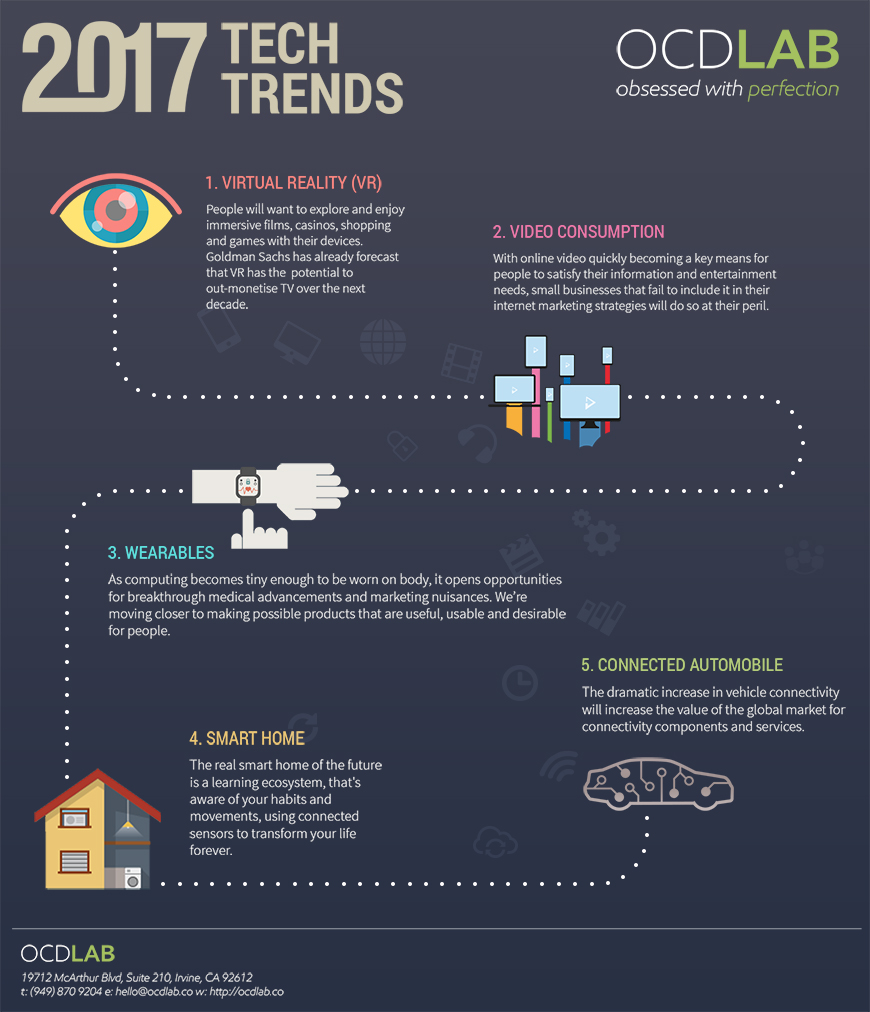
The post Technology Trends 2017 appeared first on OCDLAB.
]]>Graphic Design Trends 2017
The web is a unique environment which is always changing and evolving with new UI design trends. But the more users it attracts, the more essential it becomes to ensure an engaging UI and UX. UX design plays a huge role to make your app or website stand out, and keep your users happy. The good news is, this is not rocket science. You can follow some simple concepts to make sure your users are getting the best experience they deserve.
There is no rule book, no pattern, no logic, yet there is an unsaid code for graphics that trends. This trend is bound to have new avatars in the new year. From colors to dimensions, from graphics to silhouettes, from typography to layout, everything might just scale down or just blow up. But these design trends are set to dominate the world of digital disciplines in 2017.
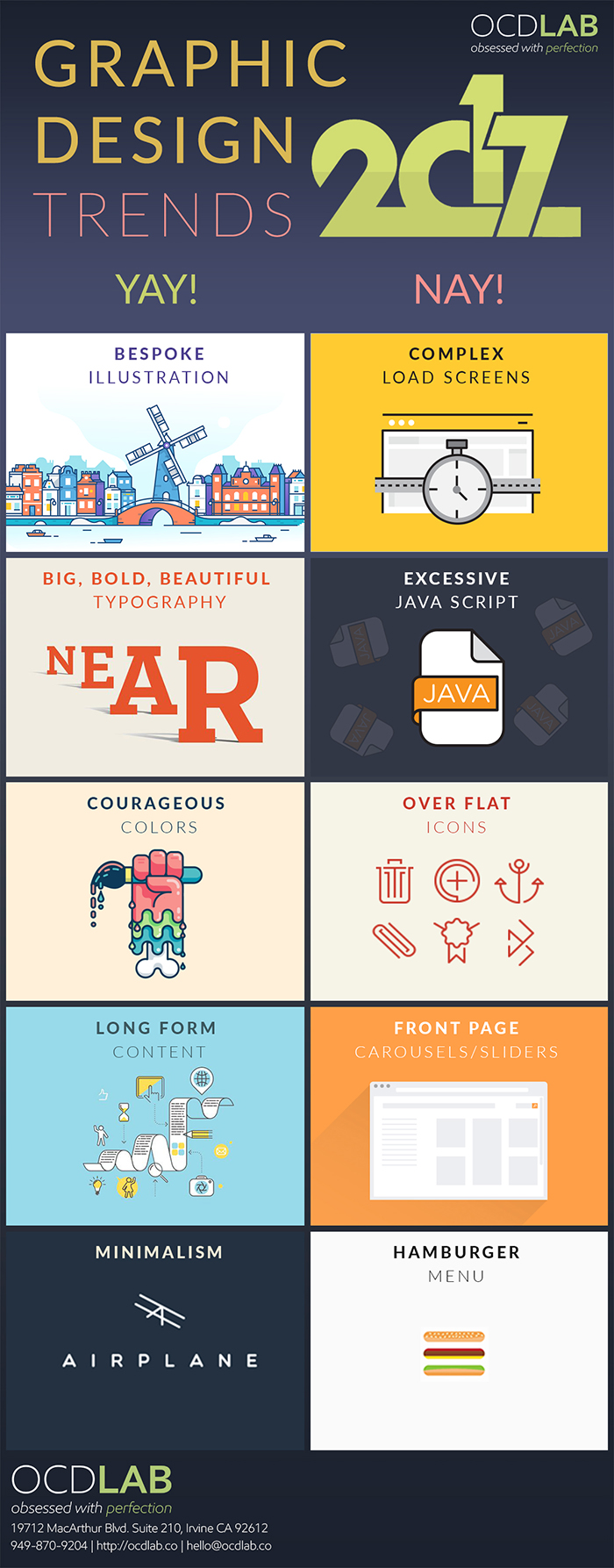
The post Design Trends 2017 appeared first on OCDLAB.
]]>